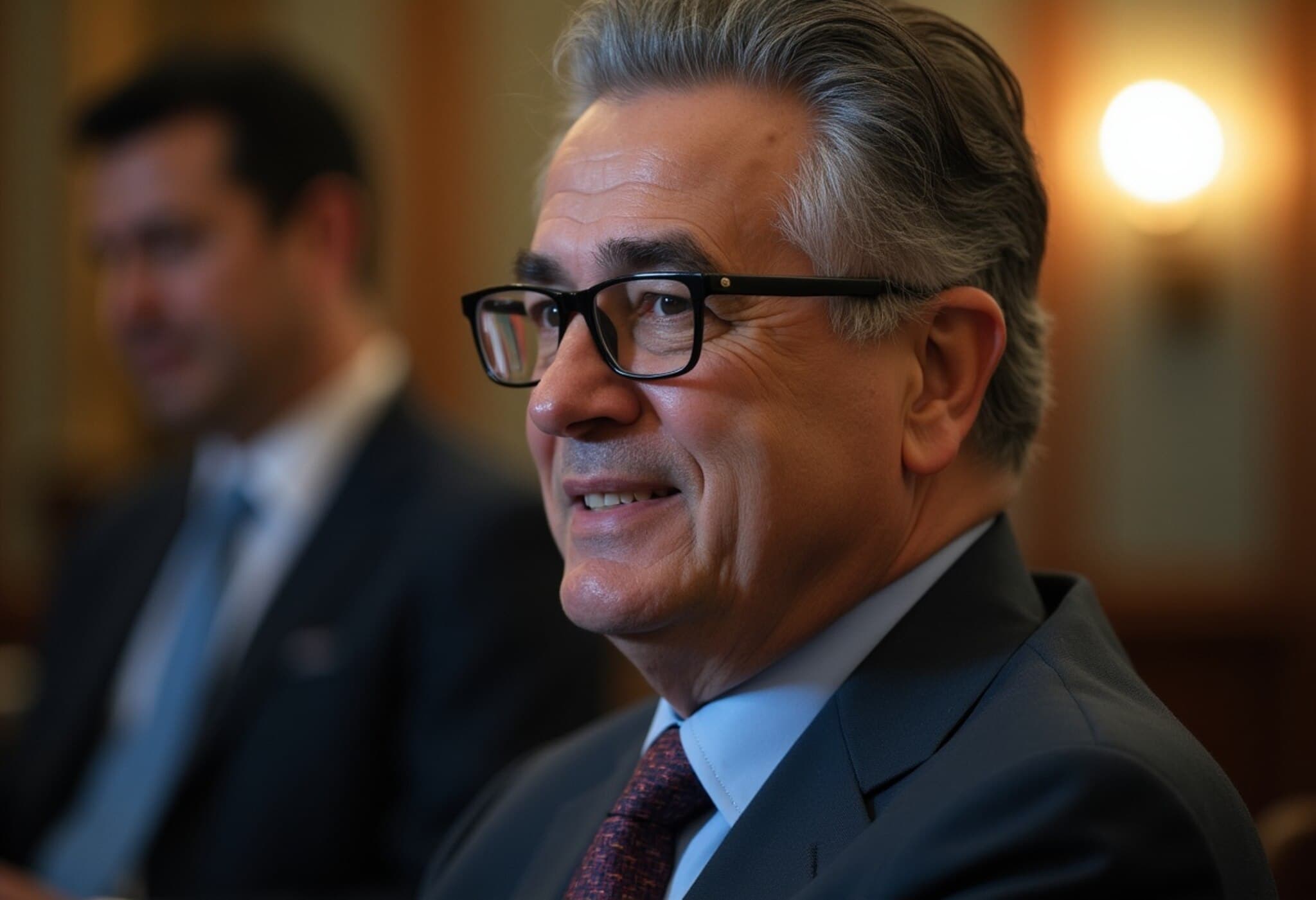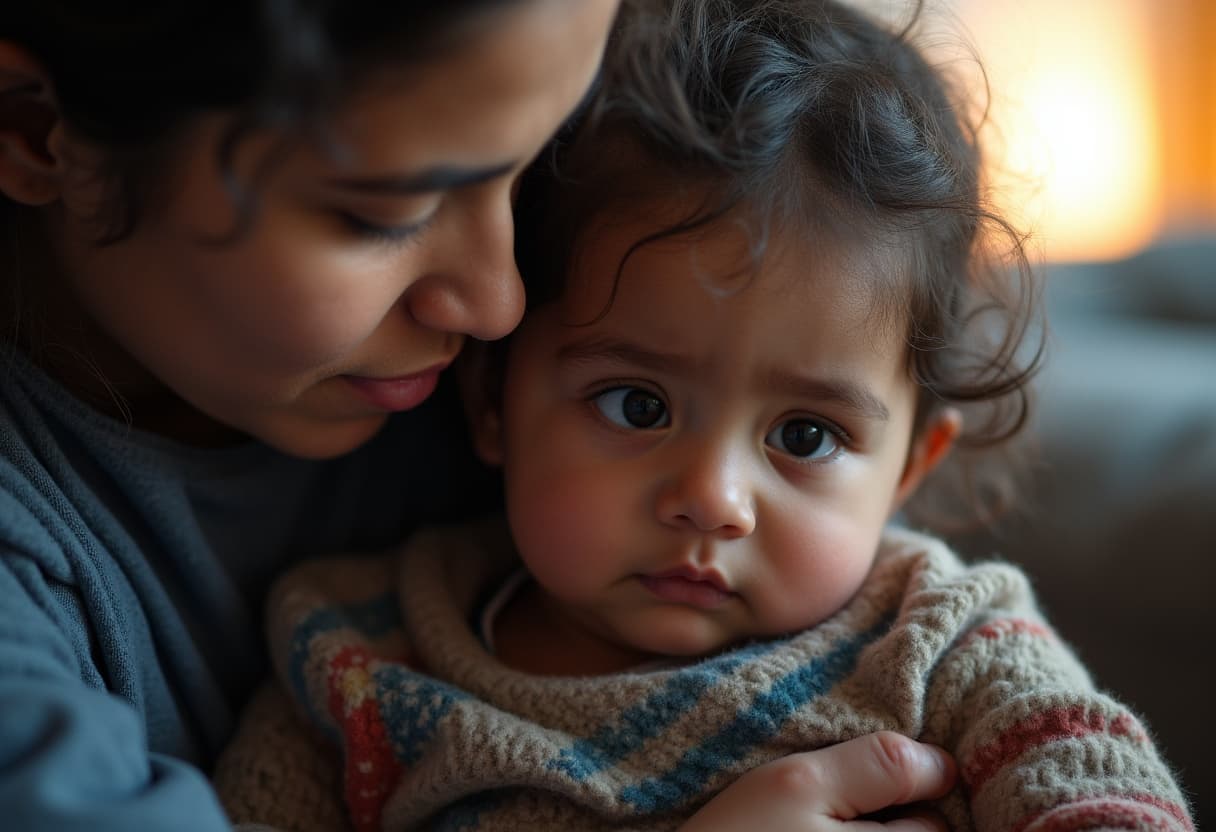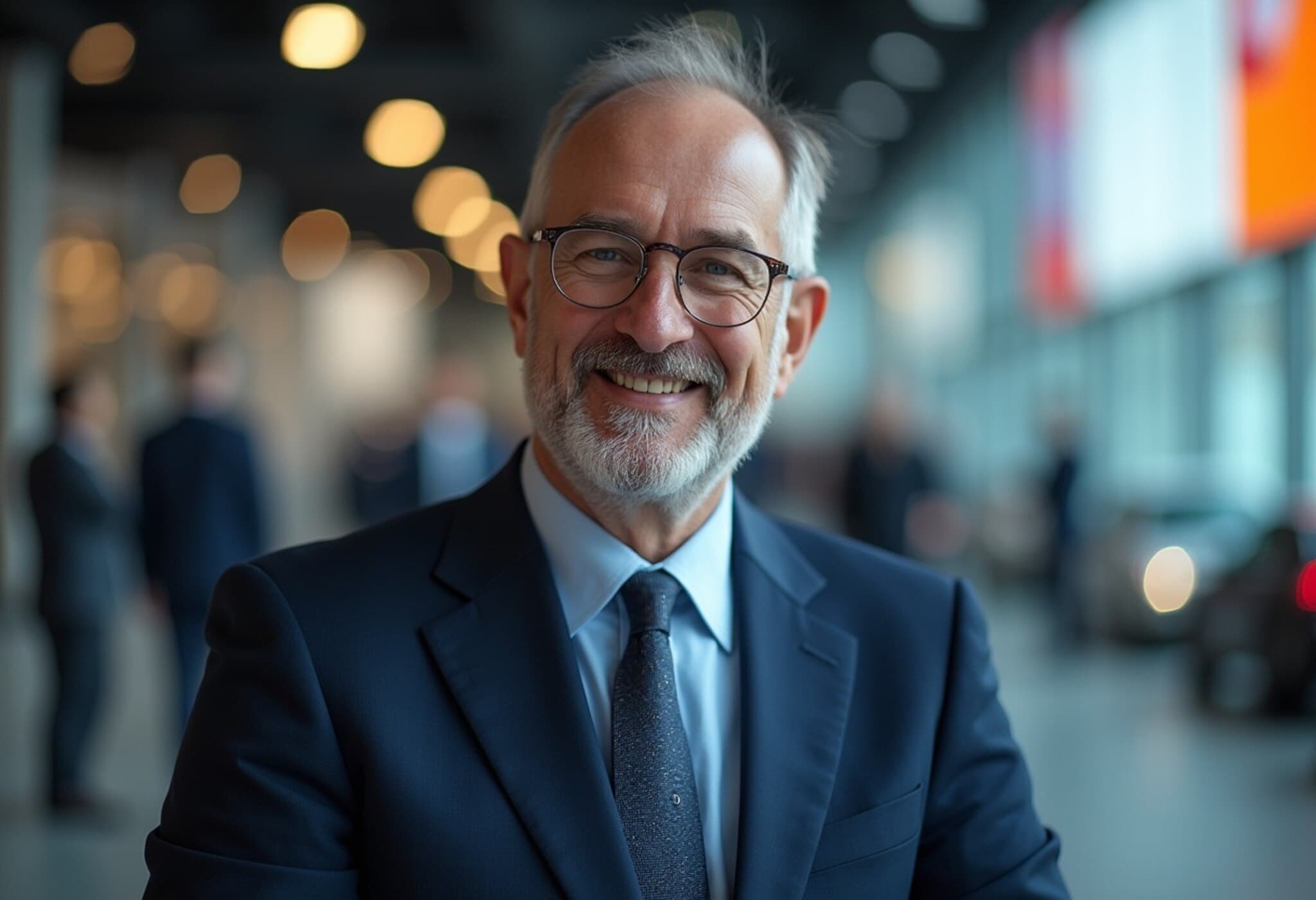Álvaro Uribe Appeals for Release from House Arrest Following Conviction
In a significant development shaking Colombia’s political landscape, former President Álvaro Uribe, the country’s first-ever incumbent to be criminally convicted, has petitioned the Supreme Court to lift his house arrest as he prepares to challenge his sentence. The 73-year-old politician, a polarizing figure who shaped Colombia’s security policies in the early 2000s, now faces a 12-year sentence for witness tampering and obstruction of justice, charges stemming from his alleged ties to right-wing paramilitary groups.
The Conviction That Marked a Turning Point
Uribe’s conviction, announced last Friday, marks an unprecedented moment in Colombian history. It concludes decades of controversy surrounding his leadership from 2002 to 2010, during which he launched intense military campaigns against drug cartels and the leftist Revolutionary Armed Forces of Colombia (FARC). He remains a respected and influential figure among conservative circles, but the ruling has cast a long shadow over his legacy.
Allegations and Legal Context
The charges relate to efforts to manipulate witness testimony in a separate investigation probing alleged associations between Uribe and paramilitary groups accused of committing atrocities while combating guerrilla factions. In addition to witness tampering, Uribe has been found guilty of obstructing justice. The presiding judge deemed him a flight risk, prompting the imposition of house arrest at his residence in Rionegro, near Medellín.
Political Ramifications and International Perspectives
Supporters paint the trial as a politically motivated endeavor, a view echoed by Uribe himself, who accuses the left-wing administration of President Gustavo Petro of orchestrating a “witch hunt.” On the international stage, US Senator Marco Rubio sharply criticized the conviction, characterizing it as an example of the judiciary's weaponization against conservative leaders in Latin America.
Next Steps and Broader Implications
- Uribe has until August 13 to file his formal appeal with Colombia’s Supreme Court.
- His legal team insists he poses no risk of fleeing the country, advocating for the lifting of house arrest during the appeals process.
- This case highlights growing tensions between Colombia's judiciary and political elites, raising questions about judicial independence and political influence in Latin America.
Expert Insight: Navigating Colombia’s Political Crossroads
From an expert standpoint, Uribe’s conviction underscores a critical moment for Colombia’s democratic institutions. While accountability in governance is vital, the trial also reflects deep polarization within Colombian society. Uribe’s robust security strategies garnered him both staunch admirers and fierce critics, and this legal battle may either strengthen the rule of law or deepen divides depending on how the appeals process unfolds.
Editor’s Note
The sentencing of a former president for judicial corruption raises essential debates about political accountability versus the risks of judicial politicization. Readers should watch closely how Colombia balances these concerns amidst regional pressures and international scrutiny. What this means for Colombia’s future governance and the trajectory of anti-corruption efforts is a story that will shape Latin American politics for years to come.






